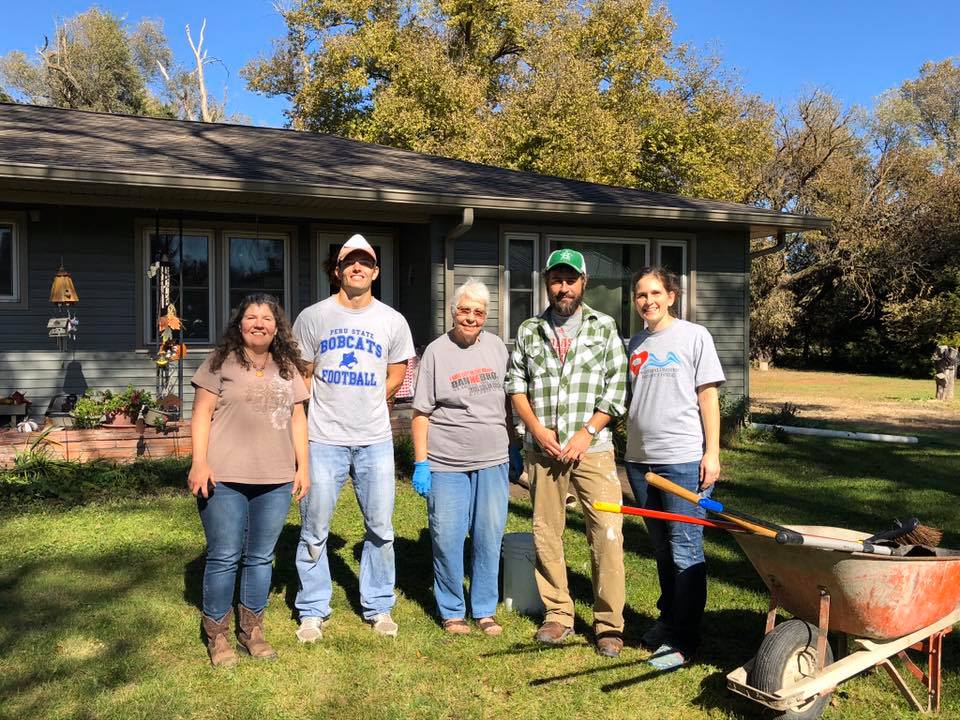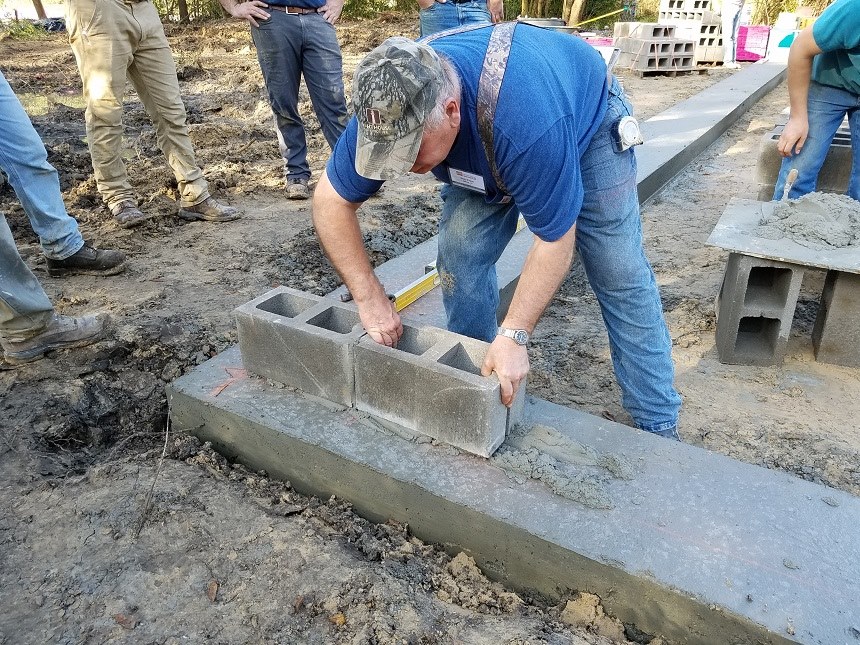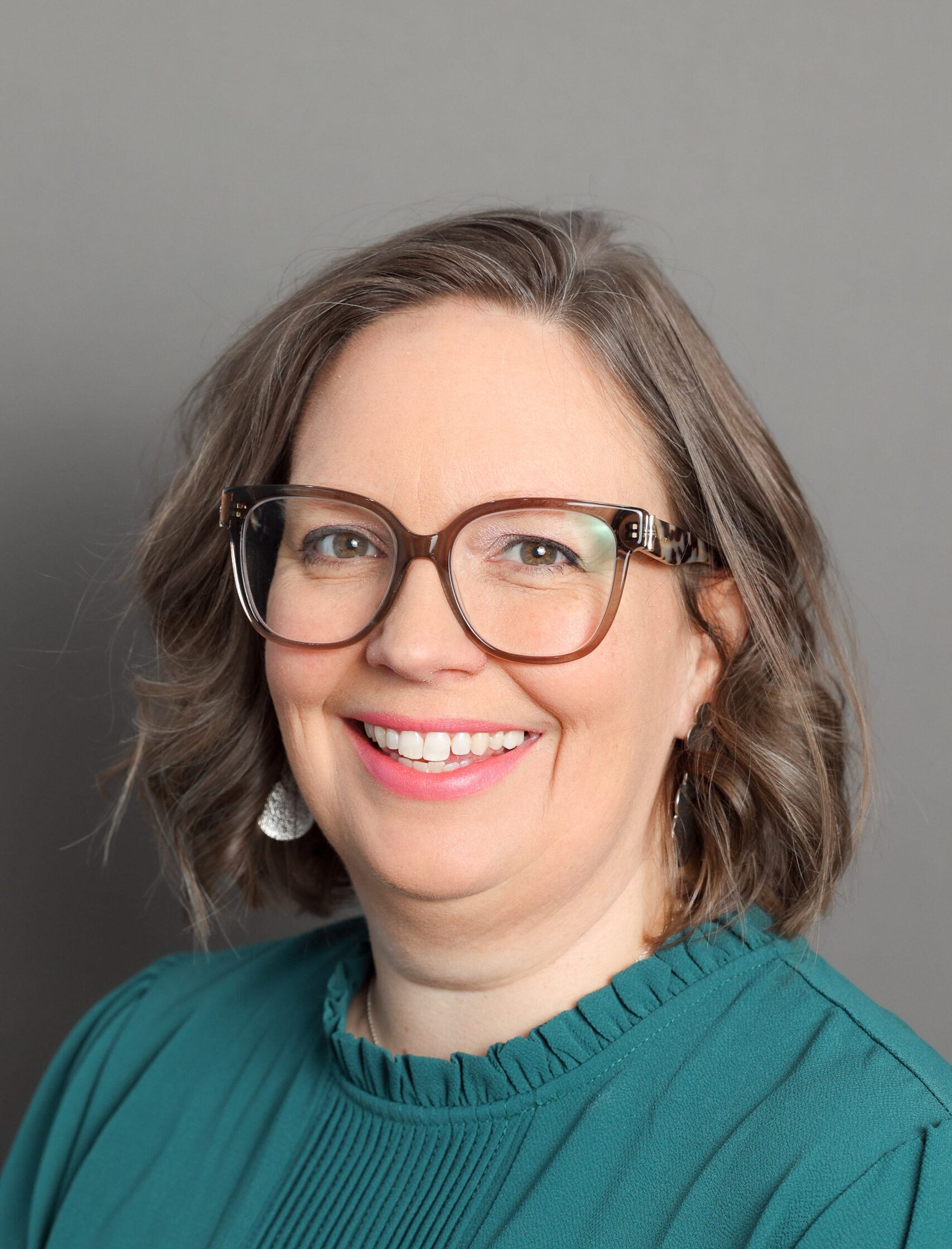Supporting long-term recovery groups: Funding in the chaos of disaster
Sometimes I take a step back and recognize that underlying all the work I do is one word: Disaster. One of Merriam-Webster’s definitions of “disaster” is “a sudden calamitous event bringing great damage, loss, or destruction.” The need for disaster recovery is born from chaos, disruption and loss. We always say, “If you’ve seen one […]

Sometimes I take a step back and recognize that underlying all the work I do is one word: Disaster. One of Merriam-Webster’s definitions of “disaster” is “a sudden calamitous event bringing great damage, loss, or destruction.” The need for disaster recovery is born from chaos, disruption and loss. We always say, “If you’ve seen one disaster, you’ve seen one disaster.”
But there are critical common threads to acknowledge, especially for those of us who have resources and assistance to offer communities post-disaster, and one of them is of disorganization.
In an ideal world, community leaders, nonprofits and funders plan for response and recovery before any disaster event occurs. They regularly meet to discuss how to address the daily crisis of homelessness, lack of affordable housing and food insecurity; and how they will work together when the disaster occurs.
In reality, even those communities that do the pre-work of networking, organizing and coalition-building well are overwhelmed during a catastrophic event; even the most prepared find themselves reacting to disaster events in ways that are disorganized and non-strategic. During this period, which can last for week or even months, the organizations balance meeting basic human needs and stabilizing the community with data collection, fundraising and planning for the often-overwhelming recovery needs.
As communities see their way out of the chaos and disruption, and begin to work towards recovery, we encourage the formation of long-term recovery groups (LTRGs) or community coalitions to provide an organizing, cohesive body to focus the efforts of recovery for years to come. The composition of these groups varies from community to community. Still, there are a few things we need to keep in mind, especially as we consider how to support these groups with funding and resources.
Fund the development of the LTRG
Often, an organic group of interested community and faith leaders, social service providers and concerned citizens starts to form. When given some direction and encouragement, these informal groups often develop into strong advocates for community-wide recovery and become a solid basis for LTRGs. We need to be willing to fund these start-up efforts. Support often looks like funding a staff position at a community-based organization to serve as a disaster recovery coordinator, providing funding for training and education or bringing in an LTRG disaster expert or mentor.
Make X = Y and work towards yes
It’s important to keep in mind, especially when working with new or emerging groups that they may need extra time or assistance with developing an application. They may have information in a variety of different formats. We take the information they have in whatever form is available, (for example, verbal reports, meeting notes or reports and assessments from other organizations) and work with the requestor to dissect the information and put it into our format to fit our needs. When we work together to prepare the request, we are more likely to get to “yes” as quickly as possible.
Be flexible: Don’t expect day 20 to look like day 201
Nearly all Midwest Early Recovery Fund grantee partners call a few months into the grant and say something has changed. Things don’t go as expected. There were more houses and clients in one area than they planned, so they needed to shift priorities. They needed to do additional outreach, or an organization or system they relied on changed.
Being flexible and maintaining a relationship with our grantee partners is essential when working with LTRGs. For us, we get into the work with them, not in a way that tells them what to do, but in a humble way that makes it clear that this isn’t a transaction but a conversation. Conversations about changes in needs, objectives, personnel and even budgets happen as regularly as needed. We work to make the paperwork and approval for change requests as efficient and straightforward as possible.
Find a balance between temporary solutions and permanent or transformative changes
None of us want to put bandages on complex wounds, but there is a time for temporary solutions to meet basic human needs. As LTRGs are emerging and developing, they don’t have logic models or long-term strategies to make systemic changes in their communities. As soon as possible, we encourage them to start planning for recovery and considering how the community can rebound and experience post-traumatic growth.
Recovery is a marathon, not a sprint; how we begin affects when, how and if we finish. While LTRGs can help visualize the finish line, they cannot tell you every detail on the steps along the way.
LTRGs are the hope-bearers for the community. Without them, recovery efforts are often siloed and short-lived. Without these coalitions or LTRGs, recovery efforts remain chaotic and non-strategic, or they just don’t exist. With them, whole community recovery is possible. There is power in community organizing to ensure every community member has access to resources. I am incredibly grateful for every opportunity I have to support and empower LTRGs in their community work.
Learn more about LTRGs and how philanthropy can boost their capacity to help our communities recover after a disaster. Watch the recording of our recent webinar “Hidden Gems: Funding Long-Term Recovery Groups.”
More like this

